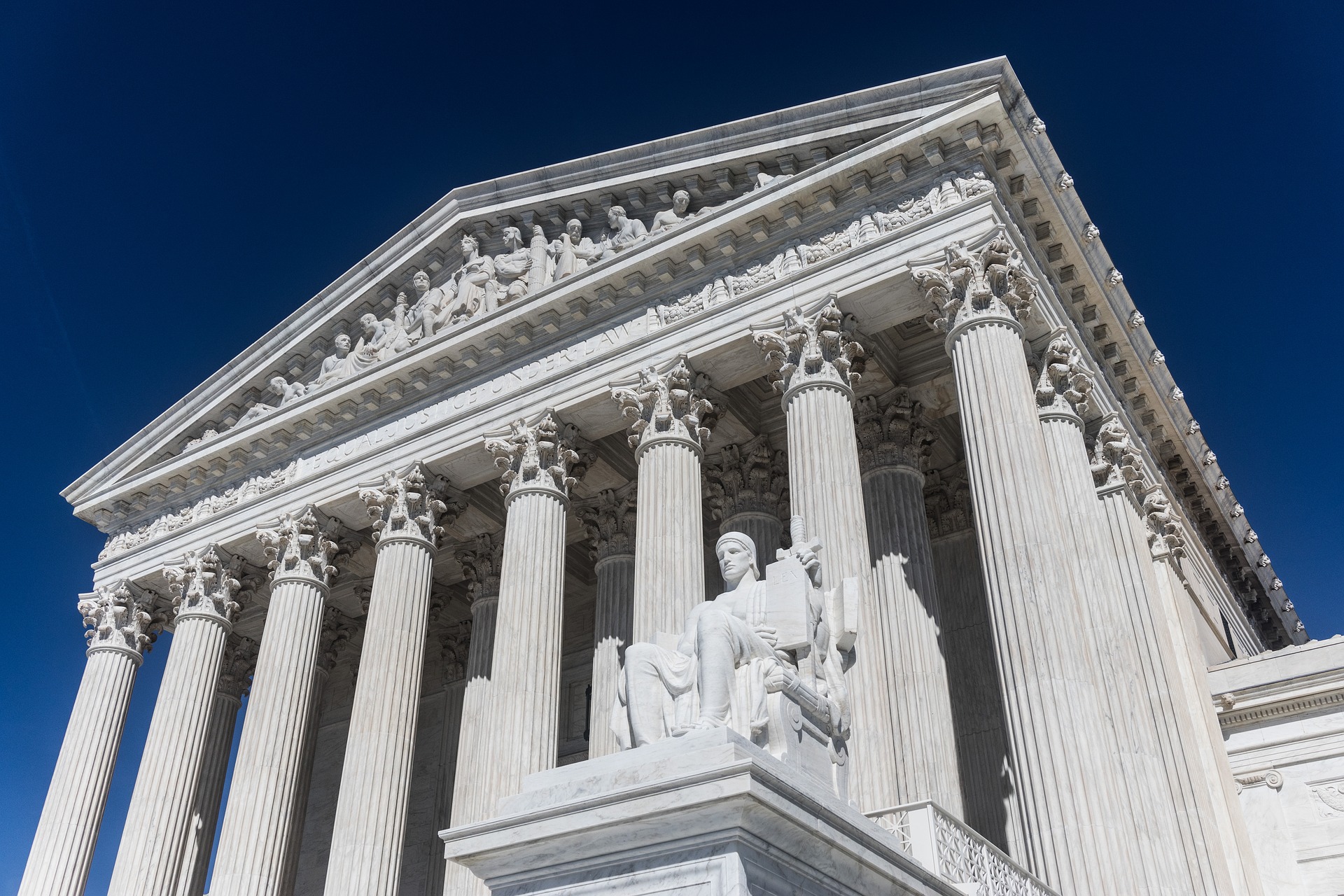
We discussed Marin Housing Authority v. Reilly on episode 14 of the California Appellate Law Podcast. Appellate attorney John Reeves joined us to discuss his amicus brief in the U.S. Supreme Court explaining why the California Supreme Court's 4-3 decision was incorrectly decided. The U.S. Solicitor General apparently agrees.
Reilly involves the question whether a public housing authority, in calculating a family’s annual income, is required to exclude Medicaid-funded payments made to a family by a state agency to allow the Section 8 tenant to provide personal caregiving services in order to keep a developmentally disabled family member at home.
David Ettinger reports that the Solicitor General filed a brief last week that the California Supreme Court engaged in "misreading both the plain text and the context of [the pertinent federal] regulation and rejecting [the Department of Housing and Urban Development’s] interpretation of its own regulation." Still, the Solicitor General recommends review be denied because the HUD is poised to render the decision moot by a new proposed rule.
But as John Reeves explained, the important question will remain: whether the size of the class entitled to HUD funding may be enlarged by judicial reinterpretation of the rules. As John pointed out, the funding is limited, so expansion of the class reduces the amount of money the intended recipients will receive.